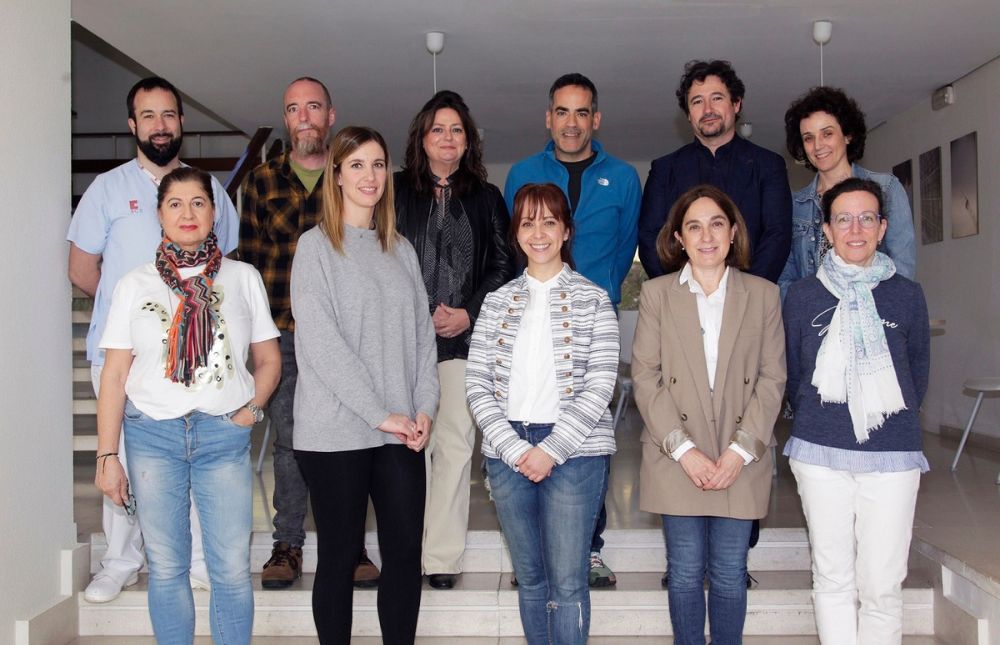Researchers from the IDIVAL nursing research group and the University of Cantabria together with the Rey Juan Carlos University and the Pneumology Service of the Marqués de Valdecilla University Hospital (HUMV), have published a new study in the journal Pathogens that addresses the relationship between biological biomarkers and the symptoms of persistent COVID, such as fatigue and dyspnoea.
The paper is part of a series of papers arising from the NVAL21/26 project, which investigates the prevalence of pain in patients who have experienced COVID-19, its impact on quality of life, and its relationship with other post-hospitalisation conditions. ‘From this project, the idea arose to explore whether certain biomarkers could be related to interstitial disease and persistent COVID,’ says Paula Parás, IDIVAL researcher and Associate Professor in the Department of Nursing at the University of Cantabria and one of the authors of the study.
In the analysis, the researchers observed that markers such as creatine phosphokinase (CPK) could be linked to common symptoms of persistent COVID. ‘The results suggest that CPK may be involved in fatigue and dyspnoea, although further studies are needed to confirm its role in this pathology,’ Parás adds.
Patients were recruited for this study through the HUMV’s Pneumology department, and the data obtained to date have allowed the researchers to advance in the understanding of persistent COVID. ‘Our line of research on pain is helping us to find new connections, and we plan to continue deepening in this field, especially in diseases such as pulmonary fibrosis,’ concludes Parás.
The IDIVAL team remains committed to unravelling the mechanisms behind the sequelae of COVID-19 and improving care for affected patients.
Link to the publication: https://www.mdpi.com/2076-0817/13/8/641
Cover image: IDIVAL’s Nursing Research Group






















